The ICJ ruling came after the State of Guyana sought emergency provisional actions to address the Bolivarian Republic’s repugnant Referendum on the Essequibo. The Movement for Unity and Democracy remains adamant that the 1899 Abritral Award that determines the boundaries of both countries is in full confirmation. Although the people of Guyana celebrated the ruling of the Court, Venezuela is yet to discontinue holding a referendum on December 3, in which it seeks a mandate from its people to assert rights over the Essequibo.
The Movement stands firm in its press release dated November 18, 2023, “M.U.D. stands firm in preserving Guyana’s national security and sovereignty amid immigration and border challenges,” which states, “The state, through the responsible agencies, should allocate additional resources to further strengthen and improve border control, information sharing, and the implementation of a robust verification procedure for undocumented immigrants. This will streamline immigration processes, launch public awareness campaigns, and use advanced surveillance technologies to monitor border areas. Additionally, the National Assembly should seek to revise immigration laws by including stricter penalties for human trafficking, smuggling, spying and aiding illegal immigration. These measures aim to reduce the incentive for illegal immigration and promote a safer and more secure environment. The border controversy between Guyana and Venezuela remains a significant challenge. The Movement supports the Government of Guyana’s decision to turn to the International Court of Justice on the matter in pursuit of a sound and binding decision towards the preservation of the nation’s sovereignty. M.U.D. remains steadfast in its commitment to the preservation of our nation’s sovereignty and the protection of our territorial integrity. We stand confidently and in full support of the 1899 Arbitral Award as the legal and binding resolution to this issue.”
The President of the World Court pronounces:
“Pending a final decision in the case, the Bolivarian Republic of Venezuela shall refrain from taking any action that would modify the situation that currently prevails in the territory in dispute, whereby the Cooperative Republic of Guyana administers and exercises control over that area.” She said the provisional measures are binding and impose a legal obligation for the court’s decision to be respected.
“As the Court has made clear, Venezuela is prohibited from annexing or trespassing upon Guyanese territory or taking any other actions—regardless of the outcome of its referendum on December 3—that would alter the status quo in which Guyana administers and controls the Essequibo Region as an integral part of its sovereign territory under the Arbitral Award of October 3, 1899.
“Today’s ruling is legally binding on Venezuela. Both the UN Charter and the Statute of the Court, to which Venezuela is a party, require strict compliance,” the President said in a statement.
Read the full judgement here: https://drive.google.com/file/d/1fTGfoJJVf4T5Ja2IK9cktdjlO0mOC4CW/view?usp=drive_link
Guyana had moved to the court to seek protection, saying that even before the court ruled on the central issue before it, namely the legality of the borderline drawn over a century ago, Venezuela was seeking to annex the Essequibo region. The region covers two-thirds of Guyana, which is prized for its rich rainforest and gold and diamond reserves. Guyana further argued that it risks irreparable harm or permanent loss of its territory if the referendum, in its present form, goes ahead and Venezuela takes action to annex the Essequibo region.
In 2017, the new UN Secretary-General António Guterres appointed Dag Halvor Nylander of Norway as his personal representative on the border controversy in a final effort at dialogue to settle the matter. That failed.
On January 31, 2018, the UN Secretary-General referred the matter to the ICJ. Upon that referral, Guyana, in March 2018, moved to the court for a full and final settlement of Venezuela’s rejection of the arbitral award that settled the boundaries of the two countries 124 years ago. Venezuela has refused to recognise the right of the court to determine the case.


